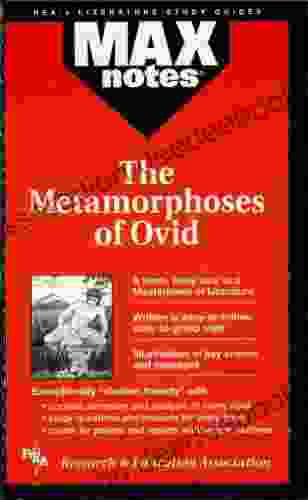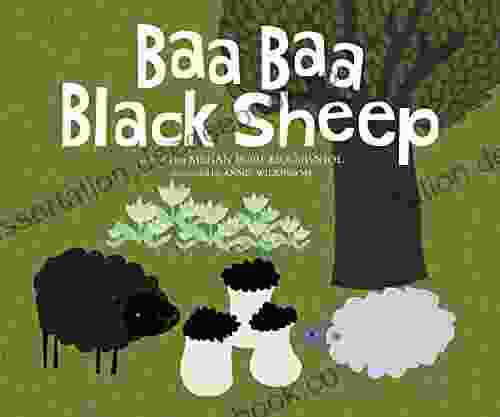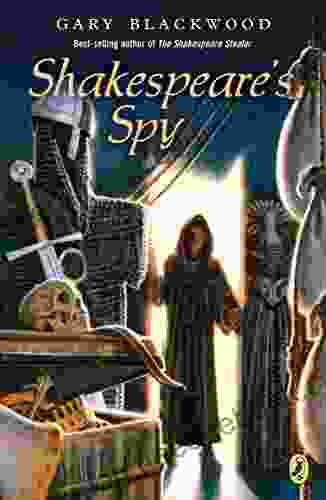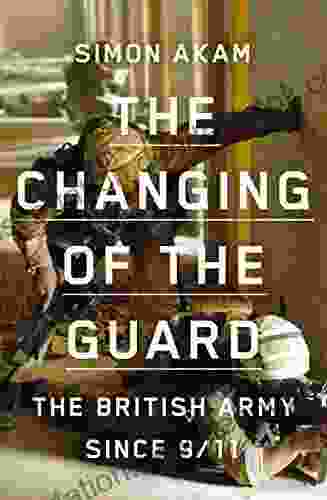The British Army: A Rich and Complex History Spanning Over 11 Centuries

The British Army is one of the oldest and most respected military forces in the world. Its history dates back over 11 centuries, and it has played a major role in shaping the course of British history. From the Norman Conquest to the present day, British soldiers have fought in countless conflicts around the globe, from the Crusades to the World Wars.
Early History
The origins of the British Army can be traced back to the Anglo-Saxon period. In the 9th century, King Alfred the Great established a system of fortified towns known as burhs. These burhs were garrisoned by professional soldiers, who were responsible for defending the kingdom from Viking raids.
4.5 out of 5
| Language | : | English |
| File size | : | 1440 KB |
| Text-to-Speech | : | Enabled |
| Screen Reader | : | Supported |
| Enhanced typesetting | : | Enabled |
| X-Ray | : | Enabled |
| Word Wise | : | Enabled |
| Print length | : | 633 pages |
After the Norman Conquest in 1066, the Anglo-Saxon army was disbanded and replaced by a feudal army. This army was composed of knights and men-at-arms, who were obligated to provide military service to their lords. The feudal army was a powerful force, but it was also expensive and difficult to maintain.
In the 12th century, King Henry II introduced a new system of taxation known as the scutage. This tax allowed knights to pay a fee instead of providing military service. The scutage system raised a large amount of money, which allowed the king to maintain a standing army of mercenaries.
The standing army was a more effective fighting force than the feudal army, and it played a major role in the Plantagenet kings' wars against France. In the 14th century, the English army won a series of famous victories over the French, including the Battle of Crécy and the Battle of Agincourt.
The Tudor Period
The Tudor period was a time of great change for the British Army. In the 16th century, the English army adopted new weapons and tactics, including the longbow and the arquebus. These new weapons gave the English army a significant advantage over its opponents, and they played a major role in the English victory over the Spanish Armada in 1588.
During the Tudor period, the British Army also began to expand its role overseas. English soldiers fought in Ireland, Scotland, and France, and they helped to establish the British Empire.
The Stuart Period
The Stuart period was a time of civil war and political turmoil in England. The British Army played a major role in the English Civil War, and it was ultimately the Parliamentarian army that emerged victorious.
After the Restoration in 1660, the British Army was reorganized and expanded. The new army was a professional force, and it was used to suppress dissent in England and to fight wars in Europe.
The 18th Century
The 18th century was a period of great expansion for the British Empire. The British Army played a major role in this expansion, and it fought in wars in North America, India, and the Caribbean.
The British Army also underwent a number of reforms in the 18th century. These reforms included the of new uniforms and weapons, and the establishment of a system of military training.
The 19th Century
The 19th century was a time of great change for the British Army. The army fought in the Napoleonic Wars, the Crimean War, and the Boer War. It also played a major role in the suppression of the Indian Rebellion of 1857.
The British Army underwent a number of reforms in the 19th century. These reforms included the of conscription, the establishment of a general staff, and the creation of a territorial army.
The 20th Century
The 20th century was a time of great conflict for the British Army. It fought in the First World War, the Second World War, and the Korean War. It also played a major role in the Cold War.
The British Army underwent a number of reforms in the 20th century. These reforms included the of new weapons and equipment, the establishment of a professional officer corps, and the creation of a volunteer army.
The 21st Century
The British Army is currently undergoing a period of transformation. The army is being reduced in size, and it is being equipped with new weapons and equipment. The army is also being trained to fight in a new era of warfare, which is characterized by asymmetric threats and cyberattacks.
The British Army is a long-standing and proud institution. It has played a major role in the history of Britain, and it continues to be a vital part of the nation's security.
The British Army is one of the oldest and most respected military forces in the world. Its history is long and complex, and it has played a major role in shaping the course of British history. From the Norman Conquest to the present day, British soldiers have fought in countless conflicts around the globe, and they have helped to safeguard the nation's freedom and security.
4.5 out of 5
| Language | : | English |
| File size | : | 1440 KB |
| Text-to-Speech | : | Enabled |
| Screen Reader | : | Supported |
| Enhanced typesetting | : | Enabled |
| X-Ray | : | Enabled |
| Word Wise | : | Enabled |
| Print length | : | 633 pages |
Do you want to contribute by writing guest posts on this blog?
Please contact us and send us a resume of previous articles that you have written.
 Book
Book Chapter
Chapter Text
Text Story
Story Genre
Genre Reader
Reader Library
Library Magazine
Magazine Newspaper
Newspaper Bookmark
Bookmark Shelf
Shelf Bibliography
Bibliography Foreword
Foreword Annotation
Annotation Manuscript
Manuscript Codex
Codex Tome
Tome Bestseller
Bestseller Classics
Classics Library card
Library card Narrative
Narrative Dictionary
Dictionary Character
Character Catalog
Catalog Card Catalog
Card Catalog Borrowing
Borrowing Stacks
Stacks Periodicals
Periodicals Study
Study Research
Research Academic
Academic Rare Books
Rare Books Special Collections
Special Collections Interlibrary
Interlibrary Literacy
Literacy Study Group
Study Group Thesis
Thesis Dissertation
Dissertation Awards
Awards Reading List
Reading List Travis D Stimeling
Travis D Stimeling Albert Welter
Albert Welter Betty White
Betty White Walter Holland
Walter Holland Eugene Gloria
Eugene Gloria Maryann Jordan
Maryann Jordan Farhad Manjoo
Farhad Manjoo Matthew Burgess
Matthew Burgess Andrea Stanley
Andrea Stanley Amy Powers
Amy Powers Devin Dozier
Devin Dozier Valerie Francisco Menchavez
Valerie Francisco Menchavez Terry Masear
Terry Masear Jo Ann Cavallo
Jo Ann Cavallo Mark Berry
Mark Berry John M Alexander
John M Alexander Ann Mische
Ann Mische Bernadette Waugh Cycw
Bernadette Waugh Cycw Ivy Chen
Ivy Chen John Donne
John Donne
Light bulbAdvertise smarter! Our strategic ad space ensures maximum exposure. Reserve your spot today!
 Ralph TurnerFollow ·3.8k
Ralph TurnerFollow ·3.8k Joshua ReedFollow ·14.1k
Joshua ReedFollow ·14.1k Gustavo CoxFollow ·12.1k
Gustavo CoxFollow ·12.1k Shane BlairFollow ·6.6k
Shane BlairFollow ·6.6k Elmer PowellFollow ·18.2k
Elmer PowellFollow ·18.2k Jack LondonFollow ·3k
Jack LondonFollow ·3k Lee SimmonsFollow ·10.1k
Lee SimmonsFollow ·10.1k Ernest ClineFollow ·3.5k
Ernest ClineFollow ·3.5k

 Keith Cox
Keith CoxFrench Pieces for Flute and Piano: A Journey into...
The world of...

 Justin Bell
Justin BellThe Big Clarinet Songbook: A Musical Treasure for...
The clarinet, with its rich...

 Jamie Blair
Jamie BlairThe Metamorphoses of Ovid: A Masterpiece of...
An Epic Tapestry of Mythology and...

 Alan Turner
Alan TurnerBaa Baa Black Sheep: A Classic Sing-Along Song for Kids
Baa Baa Black Sheep...

 Bradley Dixon
Bradley DixonUnveiling the Enigmatic Shakespeare Spy: The...
Prologue: The Shadowy World...

 Gilbert Cox
Gilbert CoxUnleash Your Creativity with Plastic Craft Lace Projects:...
Plastic craft lace is a...
4.5 out of 5
| Language | : | English |
| File size | : | 1440 KB |
| Text-to-Speech | : | Enabled |
| Screen Reader | : | Supported |
| Enhanced typesetting | : | Enabled |
| X-Ray | : | Enabled |
| Word Wise | : | Enabled |
| Print length | : | 633 pages |












